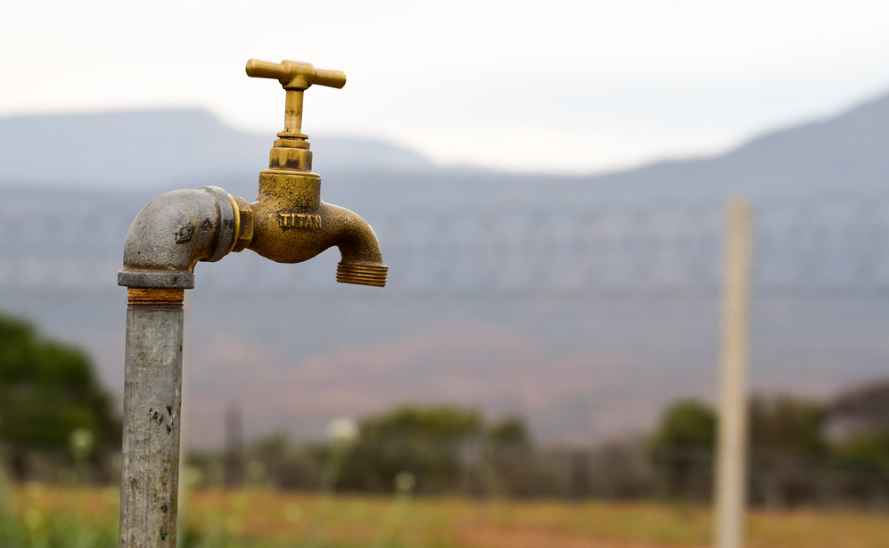Committee acknowledges improvements in water audit opinions
The committee on Thursday received a briefing from the Office of the Auditor-General on the delayed 2019-20 annual reports within the portfolio.

- Country:
- South Africa
The Portfolio Committee on Human Settlements, Water and Sanitation has acknowledged improvements in audit opinions of the water and sanitation portfolio.
These improvements have resulted in all auditees in the portfolio receiving unqualified audit opinions.
The committee on Thursday received a briefing from the Office of the Auditor-General on the delayed 2019-20 annual reports within the portfolio.
The committee welcomed information that the Water Trading Entity (WTE) and the Trans-Caledon Tunnel Authority had improved from the qualified audit opinion received in the 2018-19 financial year.
“We recognise the work that has gone into ensuring improvements in audit opinions, which in our view, is the foundation necessary to ensure efficient service delivery to the people of South Africa. We welcome the fact that the WTE has improved from the four previous qualified audit opinions,” committee chairperson, Machwene Semenya, said.
Despite this, the committee has raised a number of areas that require attention to ensure sustainable improvements that will translate into service delivery.
“Firstly, the committee has called for the permanent appointment of a Director-General and Chief Financial Officer for the department to be expedited to ensure effective and continuous leadership. The high turnover in senior leadership contributes to challenges in the department.
“Secondly, in addressing the material misstatements in the auditees’ financials, the committee has called for improvement in internal controls relating to regular reviews and reconciliations of information submitted for audit, which will enhance the quality of financial statements,” said Semenya.
In addition, while the committee has noted the decrease in fruitless and wasteful expenditure over the past two years, the committee remains concerned that R566 million was incurred fruitlessly for the 2019-20 financial year.
“The committee has called for strengthened measures to prevent this, as the money could be spent elsewhere to enhance service delivery,” Semenya said.
She noted that the R979 million incurred by the auditees due to irregular expenditure arose mostly from deviations from normal procurement processes, which is unjustifiable and of great concern to the committee.
“In addition, irregular expenditure was incurred through [the] extension of a contract without prior approval by the delegated official, discrepancies with bid specifications and variations not approved by National Treasury. The committee has called for effective consequence management against those identified to be in the wrong,” Semenya said.
Call for the conclusion of water boards audits
The committee has also called for the conclusion of the audits of Sedibeng, Amatola and Rand Water to get a clear picture of the performance of water boards in the country.
Despite this, the committee welcomed the improvements at Magalieswater and Mhlathuze Water, who received unqualified audit opinions with no findings.
The committee further called for strategies to deal with the perennial challenge of debt owed by municipalities to water boards.
“The committee believes that [not recovering] this debt inhibits certain water boards from fully servicing their operational expenditure needs, which have to be funded from this revenue.
“Specific and focused debt recovery strategies are required to be implemented by management to ensure sufficient levels of cash flow are maintained to ensure uninterrupted continuation of operations, which does not compromise service delivery,” Semenya said.
(With Inputs from South African Government Press Release)










